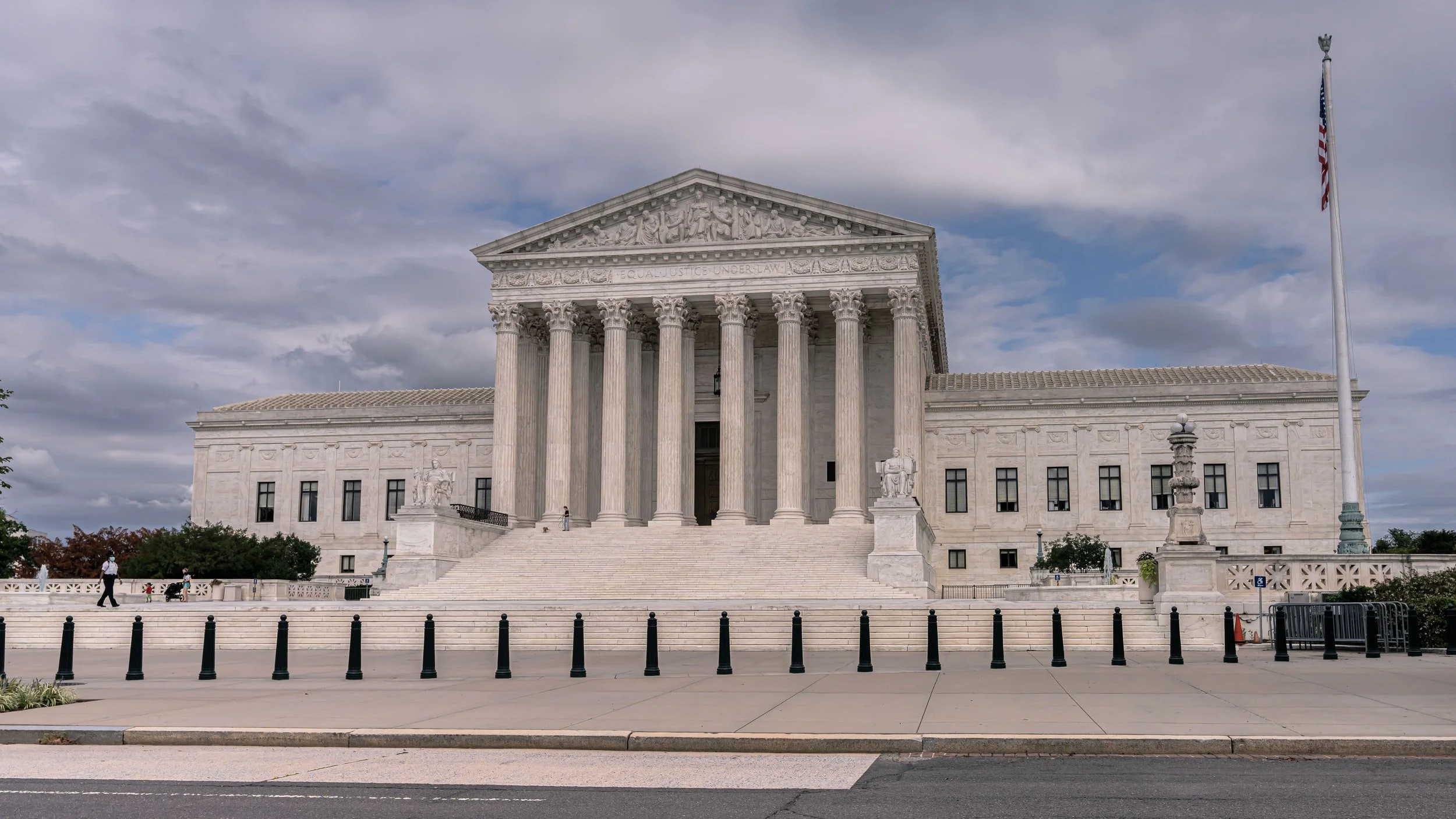Supreme Court holds that emotional distress damages are no longer available when suing recipients of federal funds under Spending Clause statutes
On April 28, 2022, the United Stated Supreme Court held that emotional distress damages are not recoverable in a private action to enforce either the Rehabilitation Act of 1973 or the Affordable Care Act. Cummings v. Premier Rehab Keller, P.L.L.C, —-S.Ct.—-(Apr 28, 2002). Both of these statutes are “Spending Clause” statutes — statutes where, in exchange for accepting federal funds, the recipient must agree to certain nondiscrimination provisions. The federal government has enacted four Spending Clause statutes, including the Rehabilitation Act, the ACA, Title VI of the Civil Rights Act, and Title IX. Those statutes have implied private rights of action, but the Court explained that it was “less clear what remedies are available in such a suit.”
Because a federal recipient’s acceptance of federal funds is conditioned upon the recipient’s agreement not to discriminate, the statute operates as a contract between the Government and the recipient of the federal funds. Looking to contract principles, the court asked whether a prospective funding recipient deciding whether to accept federal funds would have had “clear notice” regarding the potential liability for emotional distress damages. Determining that it is “hornbook law” that emotional distress damages are not available under contract law, the Court determined that emotional distress damages were not available in a private action brought to enforce such statutes.
In a dissent authored by Justice Breyer, and joined by Justices Sotomayor and Justice Kagan, Justice Breyer explained that federal recipients would be on notice because breach of such a contract would be of “such a kind that serious emotional disturbance was a particularly likely result.” Breyer explains that the statutes at issue seek to eradicate invidious discrimination and that the purpose of the statutes is nonpecuniary. “Often, emotional injury is the primary (sometimes the only) harm caused by discrimination, with pecuniary injury at most secondary.” Breyer provides several examples:
Consider, for example the plaintiff in Franklin — a high school student who was repeatedly sexually assaulted by her teacher. 503 U.S. at 63-64. Or the plaintiff in Tennessee v. Lane, 541 U.S. 509, who used a wheelchair and, because a building lacked wheelchair accessibility, was forced to crawl up two flights of stairs. Id. at 513-14. Or the many examples of racial segregation in which Black patrons were made to use separate facilities or services. Regardless of whether financial injuries were present in these cases, the major (and foreseeable) harm was the emotional distress caused by the injury and humiliation of discrimination itself.
The plaintiff in Cummings was no exception. She was deaf and legally blind, and communicated primarily through American Sign Language (ASL). She sought physical therapy services from the defendant and request that the defendant provide her with an ASL interpreter at her appointments, telling the plaintiff that she could communicate with the therapist using written notes, lip reading, or gesturing. The defendant declined to do so, and the plaintiff sought and obtained care from another provider. The only damages that the plaintiff alleged were humiliation, frustration, and emotional distress. See Oregon jury verdict awarding emotional distress damages for similar discrimination.
Given the purposes of nondiscrimination statutes, Breyer explained that it “is difficult to believe that prospective funding recipients would be unaware that intentional discrimination based on race, sex, age, or disability is particularly likely to cause emotional suffering.”
Breyer ends his dissent outlining the obvious effects of the Court’s ruling: “[T]he Court’s decision today allows victim's of discrimination to recover damages only if they can prove that have suffered economic harm, even though the primary harm inflicted by discrimination is rarely economic harm. Indeed, victims of discrimination may sometimes suffer profound emotional injury without any attendant pecuniary harms. …The Court’s decision today will leave those victims with no remedy at all.”

